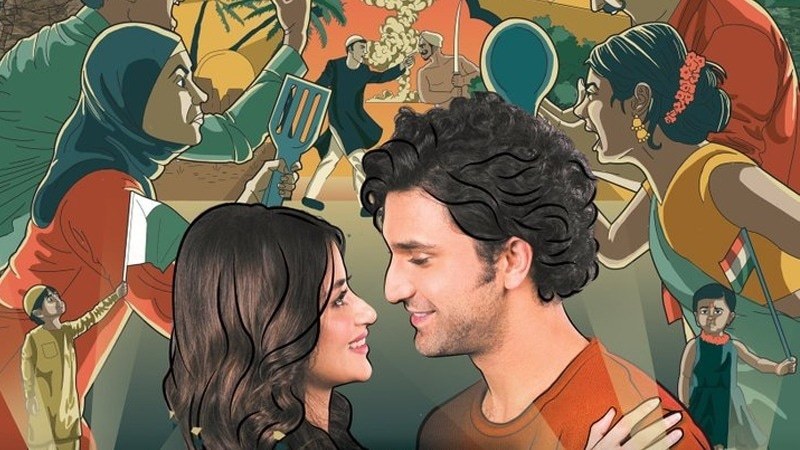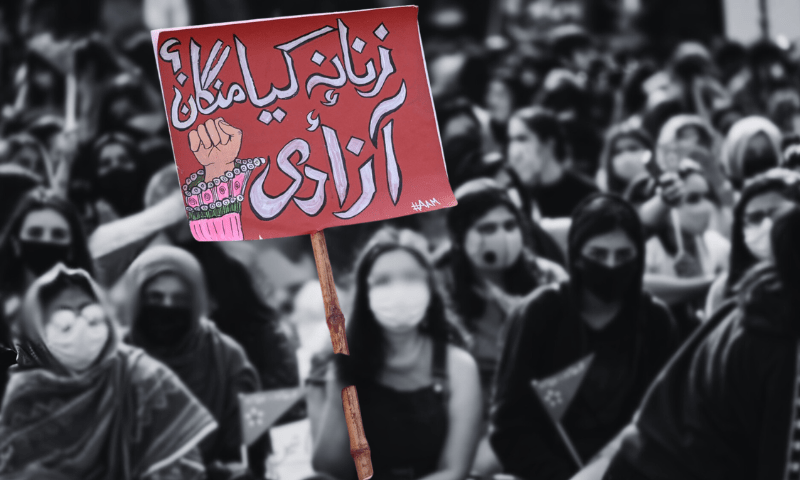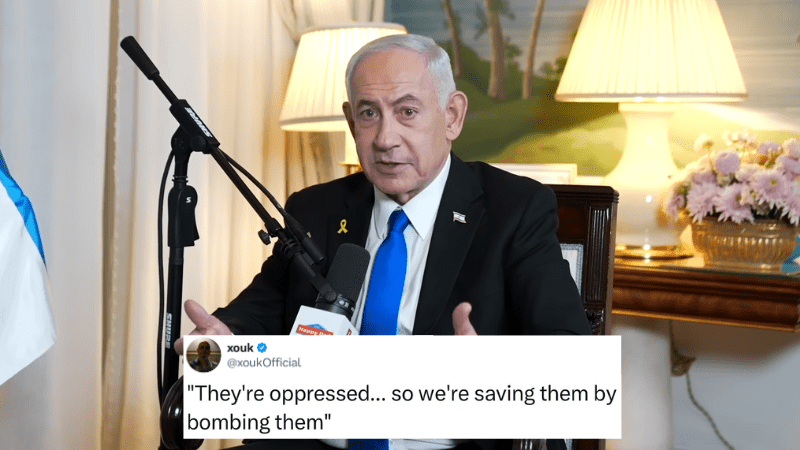Review: The realness of Dhoop Ki Deewar is why you should watch it
Dhoop Ki Deewar’s trailer had captured my attention, much before I actually subscribed to ZEE 5 to watch it. India, Pakistan, “shahadat [martyrdom]” and what seems like friendship — it is hard to ignore such a trailer. But this story reserves the drama for later and begins with scenes that are so ordinary that they connect instantly.
There are two families intently watching an India versus Pakistan match in Amritsar and Lahore. There is drama both on their screens and in their living rooms as each family is rooting for their side to win along with proposing their own share of bargains to God if the right team wins. Sara, played by Sajal Aly, comments “agar Pakistan yeh match jeet gaya na toh main panchon waqt ki namaz parhna shru kar doon gi, promise [if Pakistan wins this match, I'm going to start saying my prayers five times a day, promise.” Her mother laughs, her grandmother adds that she too will start to offer Tahujud prayers if Pakistan wins.

Just as the match intensifies, the story changes into a flashback of the day’s events on both sides of the border. It is then that one learns that these are military families with their respective fathers posted in Kashmir. But, neither India nor Pakistan seems to be a large issue with either family with the exception of the match.
The consumption of both Indian and Pakistani content for entertainment is a routine part of their lives. Vishal, played by Ahad Raza Mir, plays Atif Aslam’s music on his guitar. His mother and her friend discuss their love of Pakistani dramas comparing them to content and titles on Indian television. Meanwhile, the same dramas they dislike are avidly consumed by the grandmother in Pakistan. We also see the common consumption of Bollywood songs and the desire to replicate their dance steps by teenage girls in Pakistan. All these activities and discussions find common ground with Indians and Pakistanis at large and are perhaps what make this drama gripping.
After a very long time one watches normal families on screen with their mundane arguments, love for celebration and the joy they find in simple things.
The narrative also go back to the intensity that exists between both neighbours as concerns of nationalism and patriotism arise in conversations that the Indian grandmother has with her daughter living in Canada. The younger lady announces that both Indians and Pakistanis will watch the match together. The elderly lady, also the wife of an army man, quips that her daughter has lost all patriotism by moving abroad. But her daughter presents the fact that life abroad is different and that both Indians and Pakistanis don’t have the time to carry on enmities in Canada.
Nonetheless, perhaps as a reassertion of her “Indian-ness” she instructs Vishal to buy more firecrackers to celebrate the imminent victory. As soon as India secures its victory, however, both families are propelled into unexpected grief. In a poignant sequence, a military unit appears outside each home, signifying the loss of the colonels.

The portrayal of the funerals, the attention to detail particularly with regards to the national anthems and the composure with which both families are shown mourning are all sensitively handled and in equal measure. Grief is portrayed both physically, emotionally and then nationally as both the elder children of either martyr are requested to send their message to India and Pakistan respectively.
It is in this dealing with grief that both Sara and Vishal are roped into a media storm. Keeping a brave face, they both espouse the same message in their own country, stirring up a cross border debate on both conventional and social media.
While the elders are depicted as either silently battling with their loss or scorning at the hollowness of official condolences, the teenaged Sara and Vishal turn into keyboard warriors, voicing their inner frustrations or perhaps the ideas of pride projected onto them by the media frenzy. Their loss, their frustration and their resorting to Facebook is all tangible, as is the risk of private losses turning into commercial gains for others, which is also depicted through the interviews of other family members, including the younger siblings in both families.

It is wonderful to see the hold of the both mothers, played by Savera Nadeem and Samiya Mumtaz, over their families. They are obviously upset, but they are discerning and eventually vocal. They find the strength to correct their children and reclaim their lives all without much external influence.
In a memorable dialogue Vishal’s mother asserts “humein dukh nahin baichna [we do not want to sell grief]". This seems to change the course of the story to come and though the trailer for episode three shows some loud interactions, nothing in this series is over the top, at least yet.
Contrary to earlier controversy, Kashmir is not part of the story, with the exception of it being the geographic location where the colones died. There is no pro or anti-Kashmiri narrative in Dhoop Ki Deewar, nor does it seem that it will feature in upcoming episodes. In fact, apart from the brief exchange of negative comments between Ahad and Sajal’s characters, the political situation in both countries and their perception by the other side is also left aside. This makes one focus just on the characters played brilliantly by the entire cast.
As a supporting actor, Manzar Sehbai stands out in his portrayal of a father who has been physically impacted by the loss of his son. Sajal and Ahad are convincing as vulnerable teenagers — not once does one consider their actual ages because they manage to recreate that perspective on life. This show is a testament to their positions as a power couple as well as their acting capabilities as individuals.
There is keen attention paid to the aesthetic detail in both homes, the only lapse being an NWFP licence plate in what is presented as Lahore. That can perhaps be ignored too because there are such cars in different cities. The grandmother’s Punjabi is a little weak for the last name Malhotra and the fact that she lives in Amritsar. However, apart from such minor lapses this series deserves attention not because of India, Pakistan, “shahadat” and what seems like friendship but because it is about Indians and Pakistanis dealing with real human experiences in very real Indian and Pakistani settings.
Dhoop Ki Deewar has been written by Umera Ahmed and directed by Haseeb Hassan. It stars Samina Ahmed, Ahad Raza Mir, Savera Nadeem, Sajal Aly, Manzar Sehbai and Samiya Mumtaz. The first two episodes were released on June 25 on Zee5.













Comments